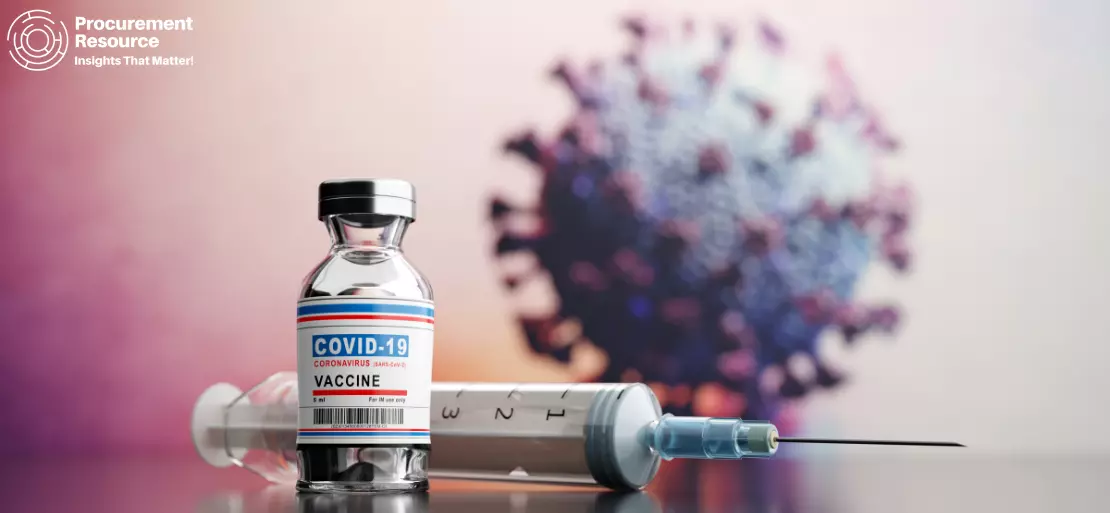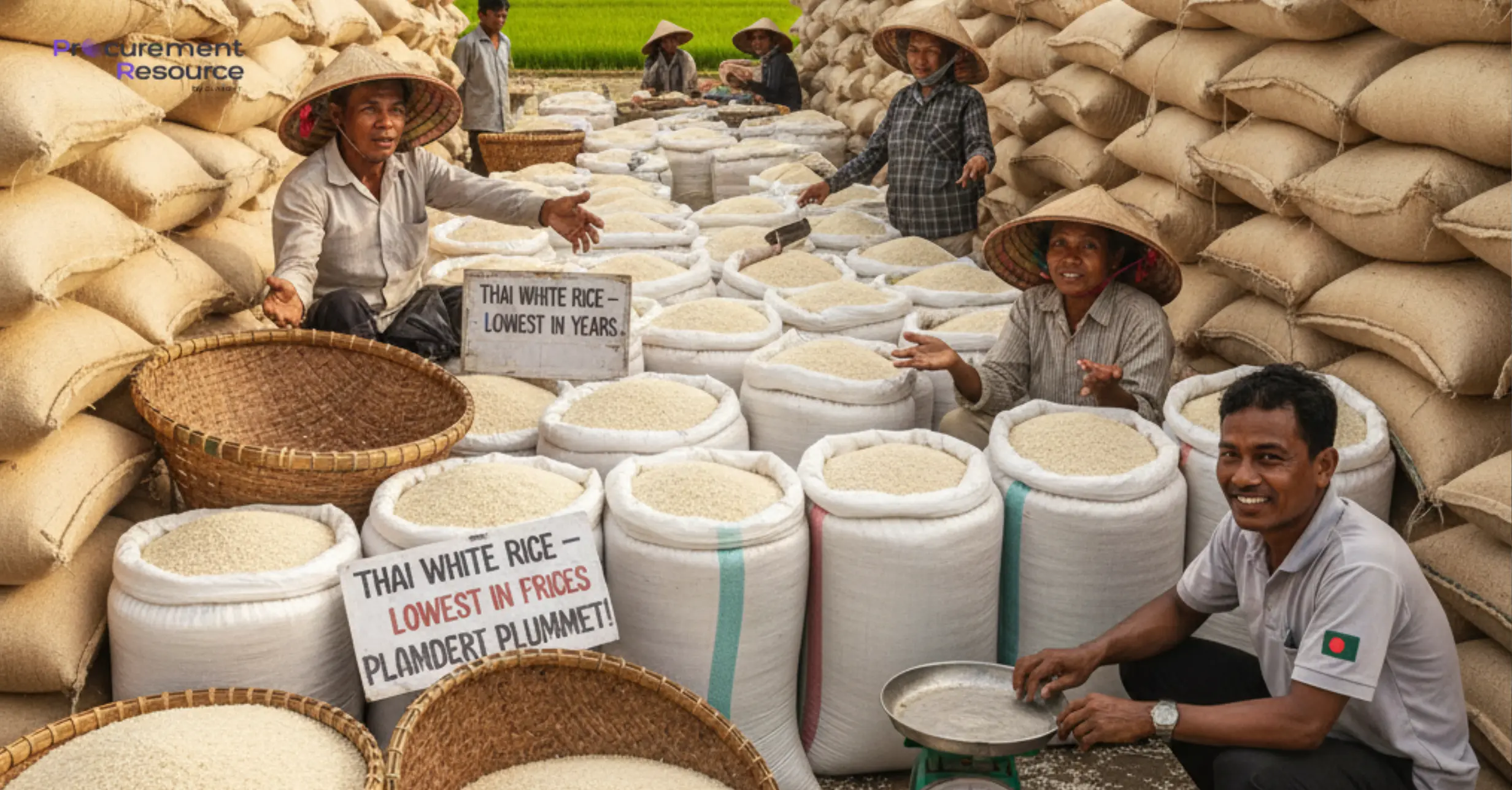COVID Vaccine Breakthrough Brings Forth Logistical Issues of Distribution

The potential breakthrough regarding the development of a COVID-19 vaccination, which was announced on 9th November 2020, has made the governments scratch their heads as they face the logistical issue of distributing millions of doses in order to make it available in the market across the globe. The logistical issue at hand defines the order of distribution and how to distribute the doses in such a large quantity.
The vaccine was developed by the American multinational pharmaceutical corporation, Pfizer and a German-based biotechnology company, BioNTech. According to the data gathered during the trial phase of this vaccine, it was determined that the vaccine was 90% effective. With a 90% success rate, which is the highest as compared to other vaccines in the trial period, the vaccine has brought hopes of ending the pandemic, which is responsible for a million deaths and crashing world’s economy.
The two manufacturers, namely, Pfizer and BioNTech, are expected to produce around 50 million doses by this year's end and approximately 1.3 billion doses in the next year, with estimated regular approval from the government and health authorities. The European Union and the United States have signed an agreement to secure millions of doses for themselves, but the authorities are facing logistical issues in planning sophisticated distribution channels for effective distribution.
The United States disclosed its deal worth USD 2 billion with Pfizer for 100 million doses of vaccine, which would be delivered by the end of this month on the basis of 20 million doses per month, i.e., if Pfizer moves quickly to secure regulatory approvals.
On behalf of the European countries, the European Union is negotiating a deal with vaccine manufacturers to provide them with 300 million doses of the vaccine. The deal is likely to be signed by 11th November 2020. On the other hand, Britain is expected to receive 10 million doses of vaccine by the end of the year as they have asked the National Health Service to be ready to distribute any COVID-19 vaccine from the month of December. Germany also expects to receive nearly 100 million doses of the vaccine and is most likely to involve the military to help manage the storage. Italy is another country that is most likely to take its army’s help in maintaining the storage and distribution of the vaccine.
The German manufacturer, BioNTech, planned the vaccine’s two-shot regiment below typical market rates and only differentiated the pricing between the regions or countries. However, the storage conditions of the vaccine require the vaccine to be stored at below 70° Celsius, thus, making it nearly impossible to reach to many poor countries in Asia or elsewhere which lack the necessary refrigeration equipment. Some Swiss experts have suggested building centralised vaccination locations in order to store and distribute the medicine directly.
With the pressing issue of the vaccine being available in the market and the storage requirements for the vaccine, it was necessary to develop a suitable packaging for the vaccine. Thus, thermal boxes would preserve the ultra-low temperatures for up to 10 days for an ambient temperature of up to 35 degrees Celsius without opening them and up to 15 days if the boxes are opened and then re-iced. This measure can be successfully executed because the vaccine can be stored at fridge temperature for at least five days.
The European logistics experts, however, have stated that they would not face any logistical issue with the storage of the vaccine as they are already talking to various pharmaceutical companies and governments in detail regarding the need for cooling. The European Union is most likely to turn to Deutsche Post, a German-based multinational package delivery and supply chain management company, that has its contract logistics division working in over 180 locations worldwide and is tailored to the needs of the pharmaceutical industry, where sensitive medical products can be packed and stored at varying temperatures.
The vaccine, even though it is 90% effective, have brought hope across the world with a possible end to the pandemic. Various countries across the world are securing their doses by either signing deals with pharmaceutical companies or developing their own medicines. It has been estimated that Pfizer and BioNTech are the first to produce an effective vaccine, and many will follow their steps in the upcoming year. The logistical issue related to the distribution of the vaccine has been determined to just be an initial issue that will be resorted once the distribution attains its flow.

-(1).webp)

.webp)